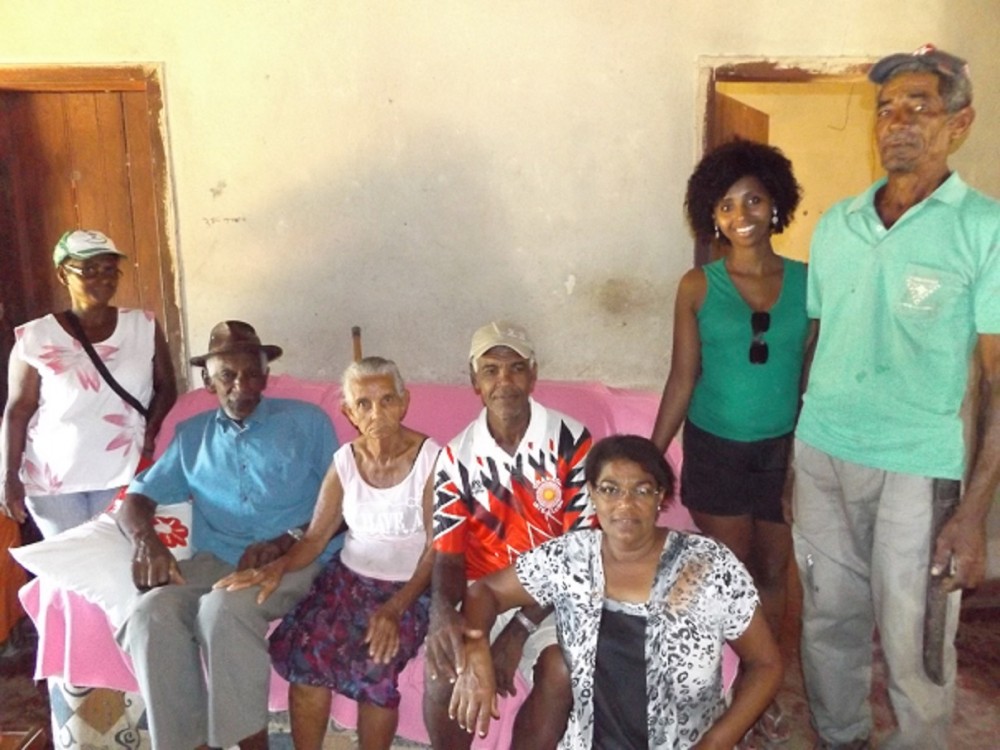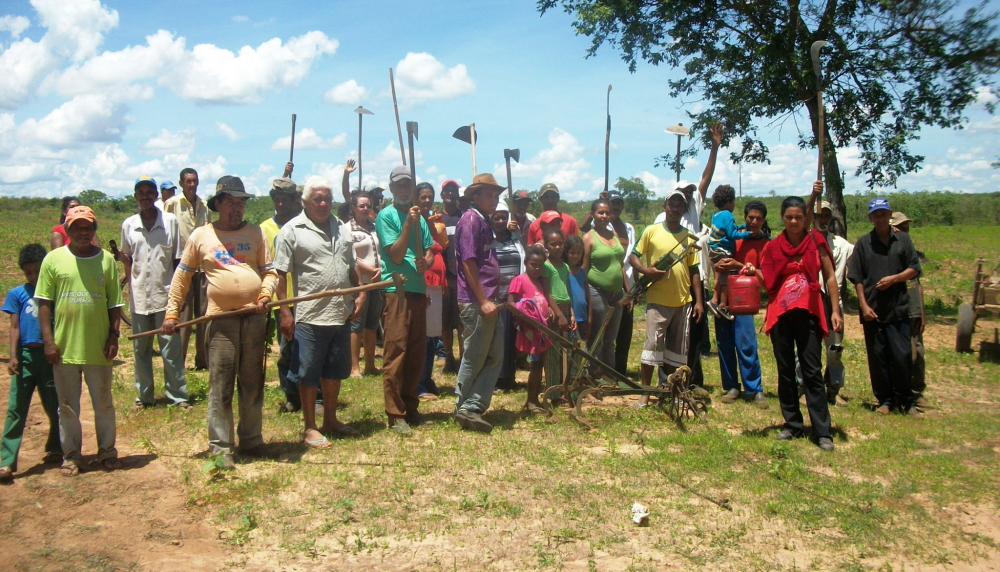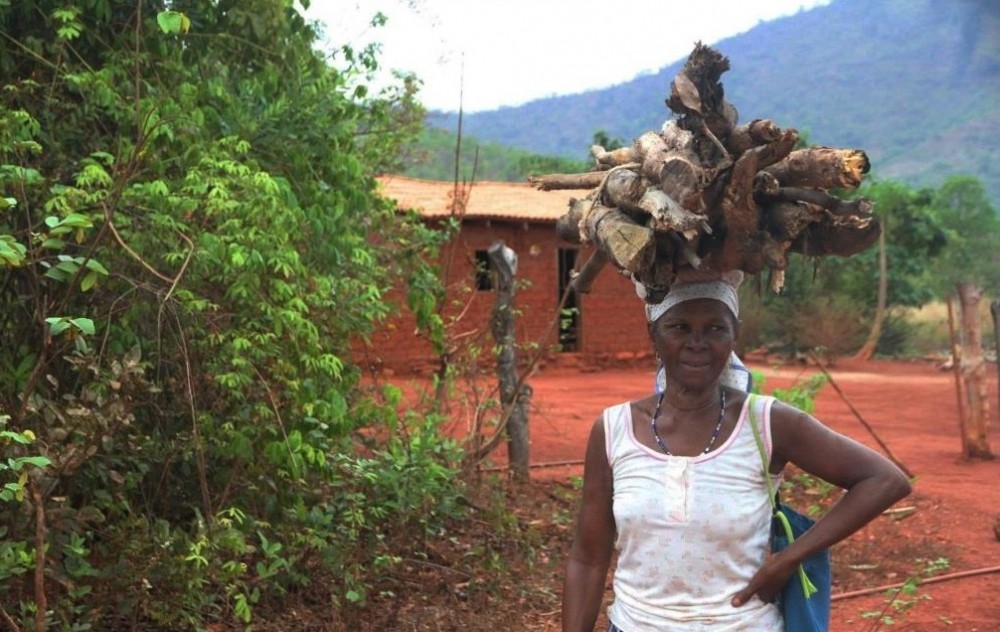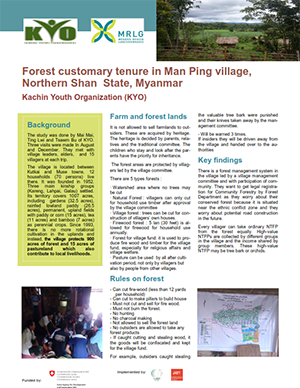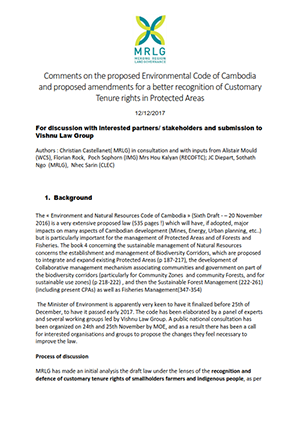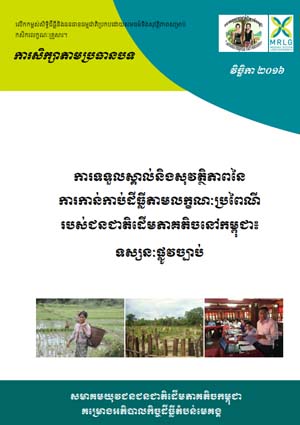Quilombolas de Guajará Mirim e a luta por seu território
A comunidade quilombola Guajará Mirim é formada por cinco povoados e conta com 140 famílias. Está localizada no município de Acará, região do Baixo Acará, nordeste do estado do Pará. A área da comunidade soma 1.024,1954 hectares titulados em 2002 pelo Instituto de Terras do Pará. O título foi dado em nome da Associação das Comunidades Remanescentes de Quilombos Filhos de Zumbi.


